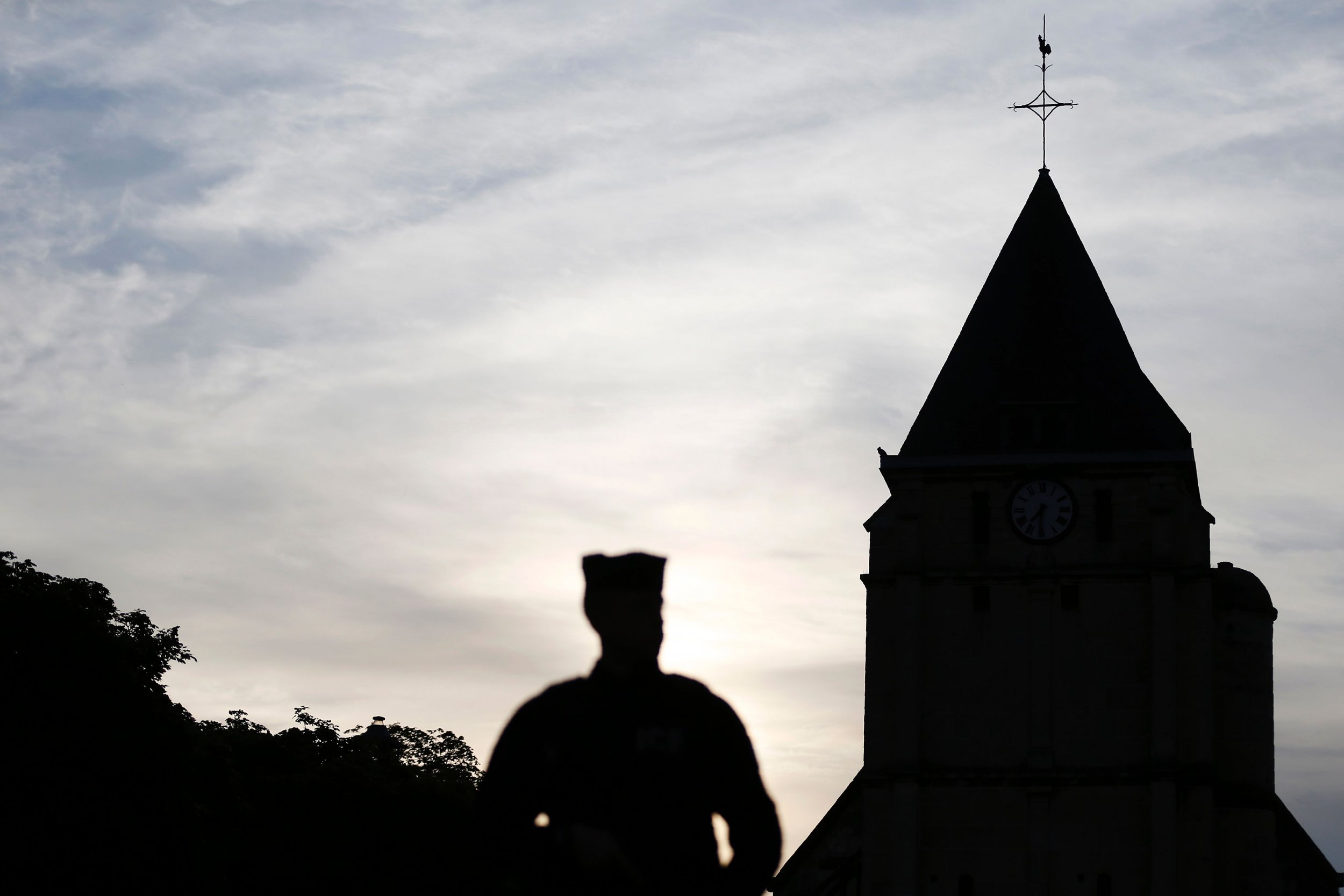
🎙️ Voice is AI-generated. Inconsistencies may occur.
This article was originally published on The Conversation. Read the original article.
France is experiencing one of the most horrifying and severe bouts of terrorism since World War II. Given how often French streets have been targeted by terrorists in the past year, it's easy to see this as a unique problem. Even in a world beset by regular terror atrocities across the globe, the frequency must surely tell us something.
Some have even gone as far as to resurrect the spectre of French colonial history. Resentment, they argue, still lingers after the painful and bloody war of independence in Algeria that contributed to the collapse of the Fourth Republic.
Much has also been made of France's social problems. Concentrating minorities in situations of socio-economic marginalization has left the suburbs of French cities to become breeding grounds for radicalization. Periodic bouts of mass disorder in poor high rise estates, most recently across France in 2005, but as early as the 1970s in Lyon, give further credence to this view. These recent terrorist incidents are part of a longer-term, France-specific trend.
But this assessment is not only too simple, it's dangerous. France is not a case apart, it is one of many countries affected by three or so decades of international jihadism. The story stretches from the Afghan war against the Soviets, through Bosnia and into the anti-American Sunni insurgencey in Iraq.
Indeed, recent events in Germany, and the long-term struggle against Islamist terror in the U.K. show that France is far from unique. There is a tendency to assume a colonial legacy or the struggle to reconcile secular republicanism with such banal forms of religious expression as the Muslim headscarf are direct causes of today's problems. It would be more useful to consider what links the people committing atrocities in French towns to those attacking other places.
In the wake of each attack, the backgrounds of the people involved are interrogated to find a common link. From Charlie Hebdo, to the Bataclan, to Nice and Rouen, the attackers have histories of petty crime and violence.
What unites a fairly recent arrival from Tunisia, ex-drug dealers from Belgium and the son of Malian immigrants who attacked a Jewish supermarket is not a common struggle with colonial history or even a life of socioeconomic marginalisation—it is a history of psychopathic behaviour, crime and violence.
Divide and be conquered
This is an important point to make because relying too heavily on historical or sociological explanations for the current terror trends in France actually has the potential to be extremely counter productive. The people behind these attacks want to create division, and this explanation falls into their trap. It could serve to accelerate the marginalisation of Muslims and minorities in France.
Giving too much credence to socio-economic and historical processes confuses correlation and causality in some quite dangerous ways. There are hundreds of thousands of people from North and West African backgrounds living in France. Many live in conditions of severe social and economic marginalisation. But hardly any have any sympathy for terrorism at all. Many feel France is their home and regard themselves as French first and foremost, even if they have an attachment to religion and a second country on the southern shores of the Mediterranean.
Indeed, their primary concerns are the same as other French nationals. Be they religious or secular, they are experiencing the same pressures as everyone else, including the worst unemployment, specifically youth unemployment, for more than 30 years.
The people who have been attacking France are warped individuals who are intent on engaging in criminal and violent acts. They are not rebelling against prevailing social conditions.
It is worth noting that when Al-Qaeda ordered its fighters to take a role in improving the welfare of local communities in places such as Tunisia, going as far as issuing edicts to work in the community and collect litter, the jihadists didn't exactly rally to the call. Instead they argued and defected to IS. They wanted to continue their struggle through bloodshed and violence, not build a new civilisation.
This point should not be taken as an attempt to diminish the serious socioeconomic issues that minorities face in France. The French government desperately needs to tackle those. But arguing that the causes of these attacks are social, economic, historical or religious risks marginalising those hundreds of thousands of individuals attempting to further their lives in France.
Joseph Downing, guest teacher, European Institute, London School of Economics and Political Science.